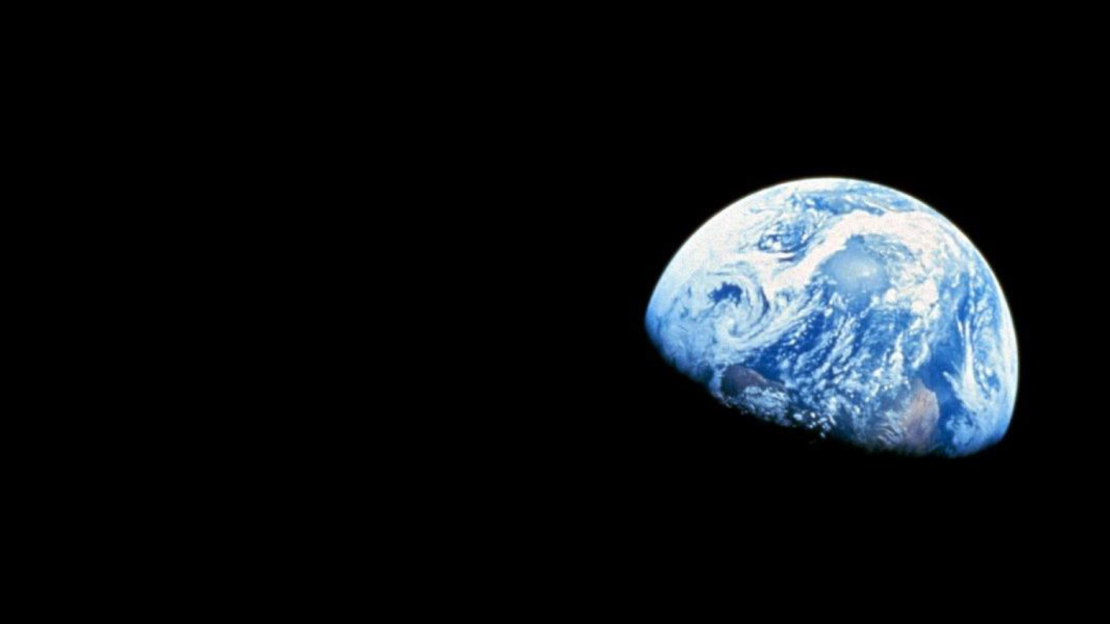The Executive Committee of U of T’s Governing Council has confirmed the establishment of a new, tri-campus extra-departmental unit (EDU:C) that will be hosted at U of T Scarborough.
Called iRISE (institutes for Resilient and Inclusive Societies and Ecosystems), it will include three founding institutes and one institutional strategic initiative aimed at encouraging research to help solve complex challenges facing society.
“iRISE provides an opportunity to intentionally bring together U of T’s outstanding scholarly strengths under a shared umbrella to address the intersecting complexities related to the environment, health and well-being, and sustainable economies and livelihoods. We look forward to leveraging the synergies and networks that it will foster, to further enhance and amplify the global impact of the exceptional work that is going on across our three campuses,” says Professor Wisdom Tettey, U of T vice-president and principal of U of T Scarborough.
iRISE will encourage multidisciplinary convergence research to generate solutions to the complex problems facing society today. Convergence research is transdisciplinary research that shows deep integration across disciplines and is driven by a pressing societal need.
“iRISE will pursue solutions and catalyze change by facilitating research discoveries, enabling innovators to move discoveries into action, inspiring communities and building their capacity to act,” says Professor Irena Creed, U of T Scarborough vice-principal research and innovation.
“It will also train future leaders dedicated to creating inclusive, sustainable, just and equitable societies.”
The three founding institutes of iRISE include the Institute for Environment, Conservation, and Sustainability; the Institute for Inclusive Health and Well-Being; and the Institute for Inclusive Economies and Sustainable Livelihoods. iRISE will also be home to SDGs@U of T, an institutional strategic initiative (ISI) that was approved in May 2023.
The Institute for Environment, Conservation, and Sustainability is led by inaugural director Professor Imre Szeman and will explore the causes and consequences of climate change and develop mitigation and adaptation strategies. Its potential research themes include interactions among plants, soil, water and air; the effects of climate change from the cellular to the ecosystem levels; ecological restoration; environmental sustainability; nature-based climate solutions; carbon markets; Indigenous perspectives on the natural world; and understanding the Earth through the exploration of other planets.
The Institute for Inclusive Economies and Sustainable Livelihoods is led by inaugural director Professor Sergio Montero who takes the reins from interim director Professor Caroline Hossein. This institute will imagine, explore and share alternative economic futures from unique perspectives. Its potential research themes include alternative and cooperative economic practices of Indigenous and racialized communities; data science methods for greater, more equitable prosperity; training and skills development strategies that encourage personal and economic development; advanced understanding of the complex interdependencies among nations, localities, and economic agents to facilitate more transparent decision-making.
The Institute for Inclusive Health and Well-Being is led by interim director Professor Charles Trick and will explore the many determinants of health of people living in the Anthropocene. Potential research themes for this institute include fundamental science explorations of ageing, elder care, and mental health; policy and program pathways to change health inequities; innovative solutions to complex health issues, including arts-based health approaches; and translating knowledge of the relationship between environment factors and wellbeing into practice and policy.
SDGs@UofT is being led by director Professor Erica Di Ruggiero and will be dedicated to the United Nations’ 17 Sustainable Development Goals (SDGs), which are global targets to end poverty, improve health and education, reduce inequality, spur economic growth and tackle climate change. Through its SDGs Scholars Academy, it will conduct convergence research that will identify transition pathways to achieving the SDGs, measure progress along these pathways, explore interdependencies among the SDGs, and design instruments and interventions to inform and build on the SDGs and Agenda 2030.
Creed notes that hundreds of faculty, staff and students provided input that influenced the development of iRISE and its institutes by participating in online forums, faculty meetings, workshops, ‘zoom cafes’ and other opportunities to discuss particular themes.
As iRISE takes off and continues to evolve, there will be ongoing opportunities for the U of T community to be involved in shaping its future directions. Directors will engage with faculty and students, via one-on-one discussions, and in departmental meetings. Membership is open to faculty across U of T.
Creed says that iRISE will be particularly beneficial to faculty, staff and students wishing to reach across academic units and institutions to build collaborations and partnerships that engage diverse communities, governments and industries.
“The iRISE directors will lead a vibrant intellectual community that will facilitate local and global partnerships and enable the nimble exploration, development and implementation of solutions,” says Creed.
